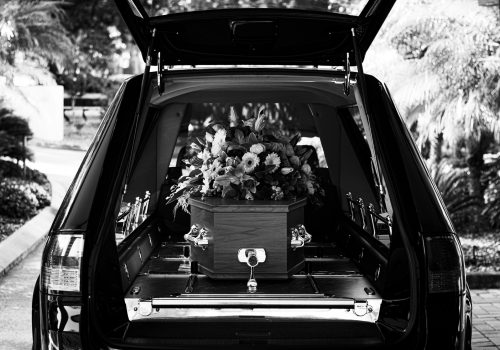At an international AIDS conference, researchers revealed that an HIV patient was in remission thanks to treatment with antivirals. A significant hope for research, although further analysis is still needed.
AIDS patient in remission without bone marrow transplant
This is a promising hope in the world of medicine. Treatment has enabled a Brazilian infected with the AIDS virus to show no signs of the virus more than a year after stopping the drugs. This case was presented at the 23rd international AIDS conference, held virtually from July 6 to 10 due to the Covid-19 epidemic.
“I am very moved because it is something that millions of people want,” said the person anonymously. “It’s a gift of life, a second chance to live.” If the 34-year-old man’s case is confirmed, it would be the first time that HIV has been cleared in an adult without a bone marrow or stem cell transplant. Two men, known by “Berlin” and “London”, appear to have been cured after having undergone a bone marrow transplant in recent years, but these are medically risky.
Here, the treatment administered to the Brazilian patient diagnosed with HIV since 2012 is quite different. He received several powerful antiviral drugs. Maraviroc (trade name Celsentri) and dolutegravir (Tivicay). The first is an antiretroviral active on human immunodeficiency viruses. It belongs to the family of CCR5 receptor antagonists and prevents the viruses which use this receptor from entering the cells, without however allowing their elimination.
The second is also an active antiretroviral, it belongs to the family of integrase inhibitors. By blocking an enzyme of the virus, called integrase, it prevents its reproduction in infected cells, also without allowing its elimination. The patients also received nicotinamide, a water-soluble vitamin that is one of the B vitamins.
Preliminary discoveries
Assessment: after more than 57 weeks without anti-HIV treatment, the patient remains negative on the anti-HIV antibody test. “We cannot test the whole body, but according to the evidence, we do not have infected cells (…) We are unable to detect the virus. If you have no antibodies, you have no antigen,” explains Ricardo Diaz, expert in infectious diseases at the University of Sao Paulo. “The important thing for me is to have a patient who was on treatment and who now controls the virus without treatment,” he adds.
“These are exciting discoveries, but they are preliminary,” said Dr. Monica Gandhi, AIDS specialist at the University of California, San Francisco. “It happened to one person, and one person only,” noting the failure of the other four patients who received the same treatment. Sharon Lewin, director of the Doherty Institute for Infection and Immunity in Melbourne, says that Ricardo Diaz’s findings are “very interesting”, but highlights the limitations of the study. “This very challenging data needs to be further analyzed.” Indeed, several prolonged remissions have been reported worldwide without a cure being able to be affirmed.
Joseph Mandell
Mandell is currently working towards a medical degree from the University of Central Florida. His main passions include kayaking, playing soccer and tasting good food. He covers mostly science, health and environmental stories for the Scientific Origin.








